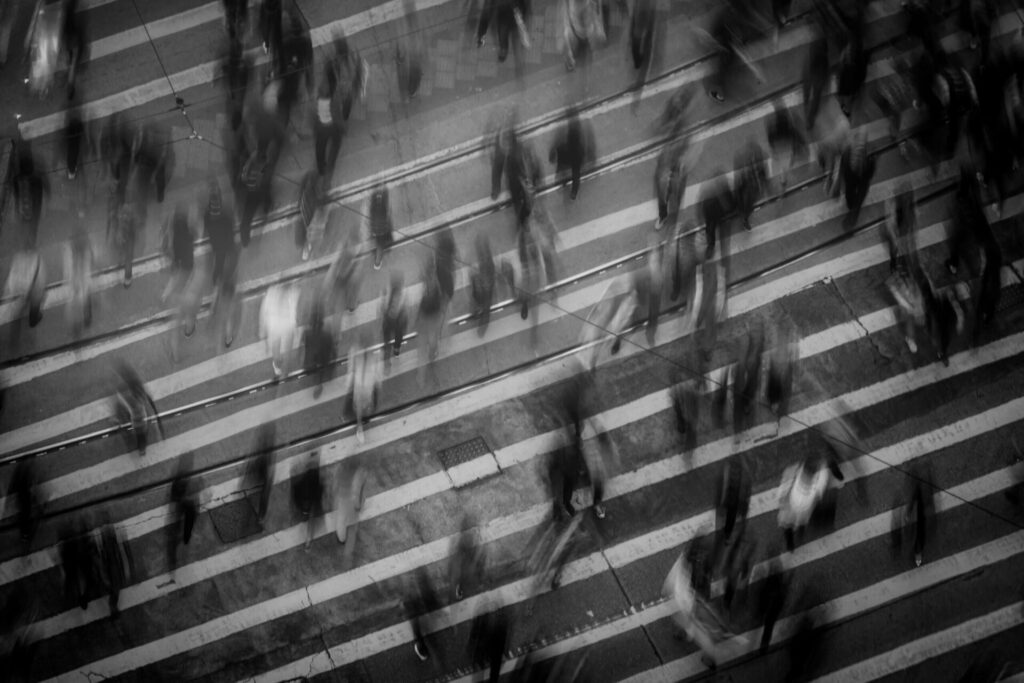The transition is here and now! Here is one of the messages carried by the second Interdisciplinary Sustainable Development Congress (CIDD), which was held at the Free University of Brussels (ULB) and the Catholic University of Louvain (UCL) from May 20 to 22, 2015 [1]See the website www.congrestransitiondurable.org. There are numerous ways to no longer endure the crisis but rather seek, individually and collectively, to overcome it and are a source of inspiration... to develop other ideas!
Attachments
Notes[+]
| ↑1 | See the website www.congrestransitiondurable.org |
|---|---|
| ↑2 | Rob Hopkins is a geographer and initiator of the transition cities movement. He spoke during the opening evening of the CIDD, May 20, 2015. |
| ↑3 | Olivier de Schutter est professeur de droit international à l’UCL et a été rapporteur spécial pour le droit à l’alimentation du Conseil des droits de l’homme des Nations-Unies. |
| ↑4 | Marcq, P., et alii, The Liège food-land belt faces the challenges of its theoretical, political and institutional positioning, article presented during the 2e Interdisciplinary Sustainable Development Congress, May 21-22, 2015. |






